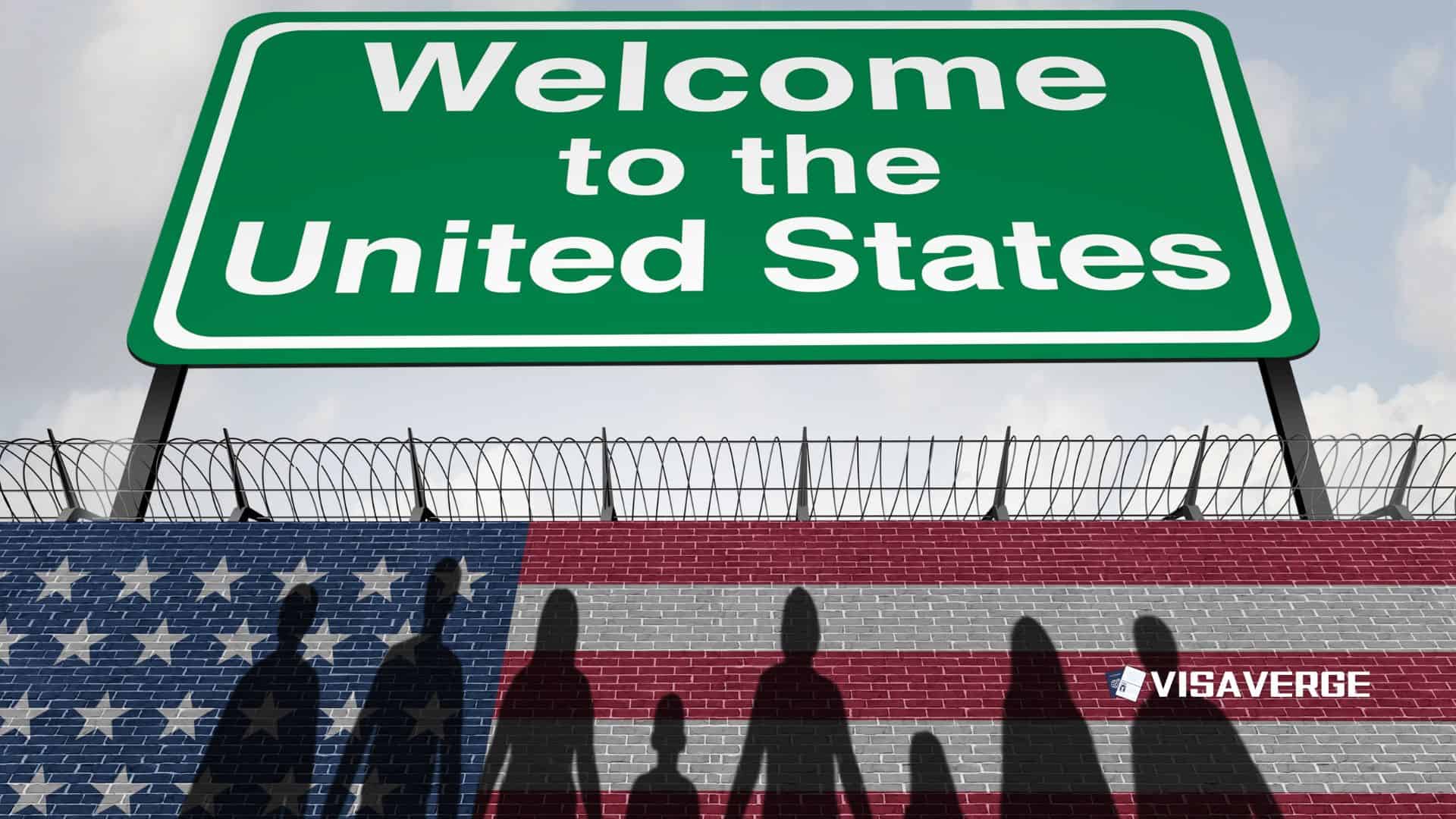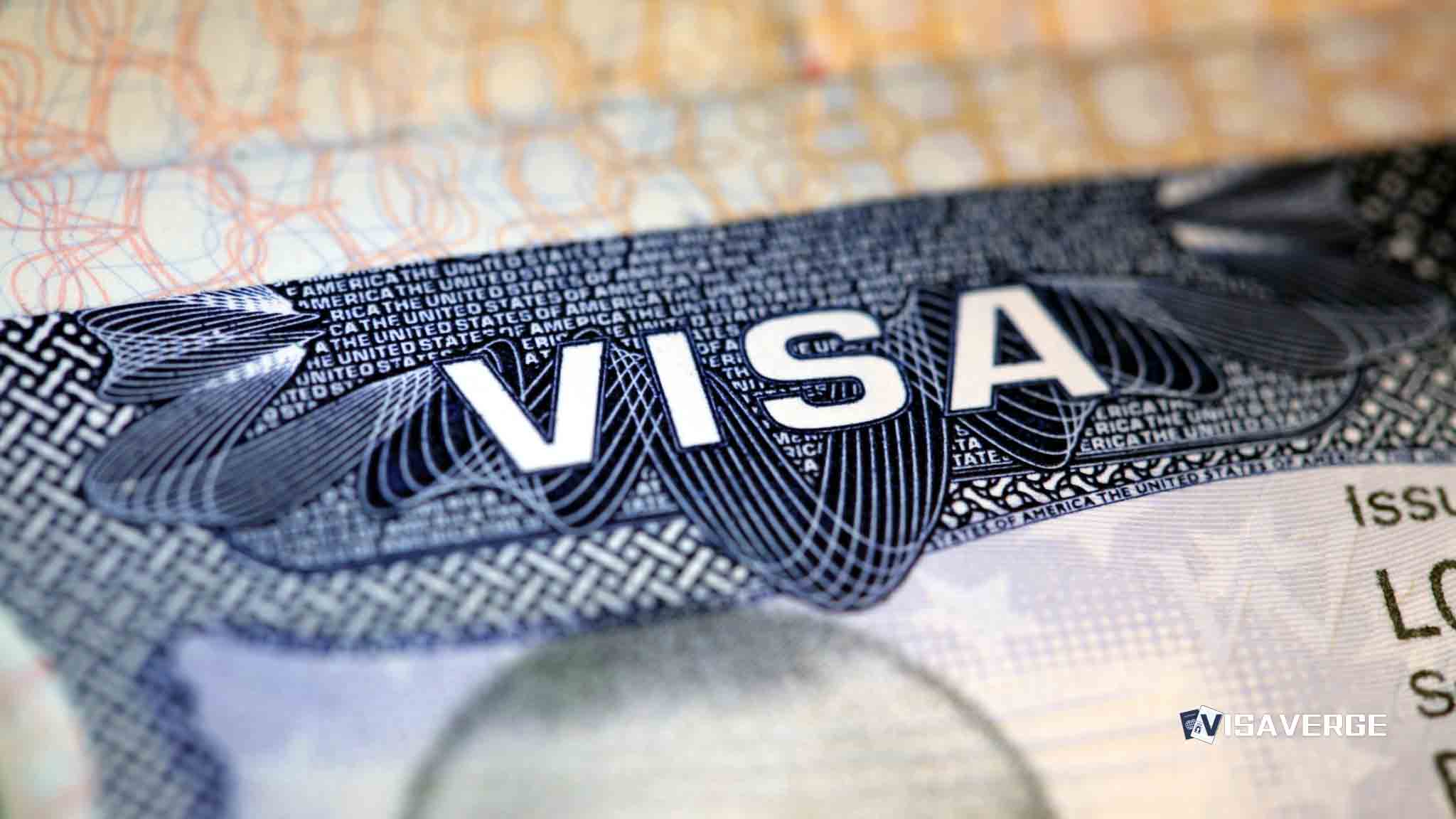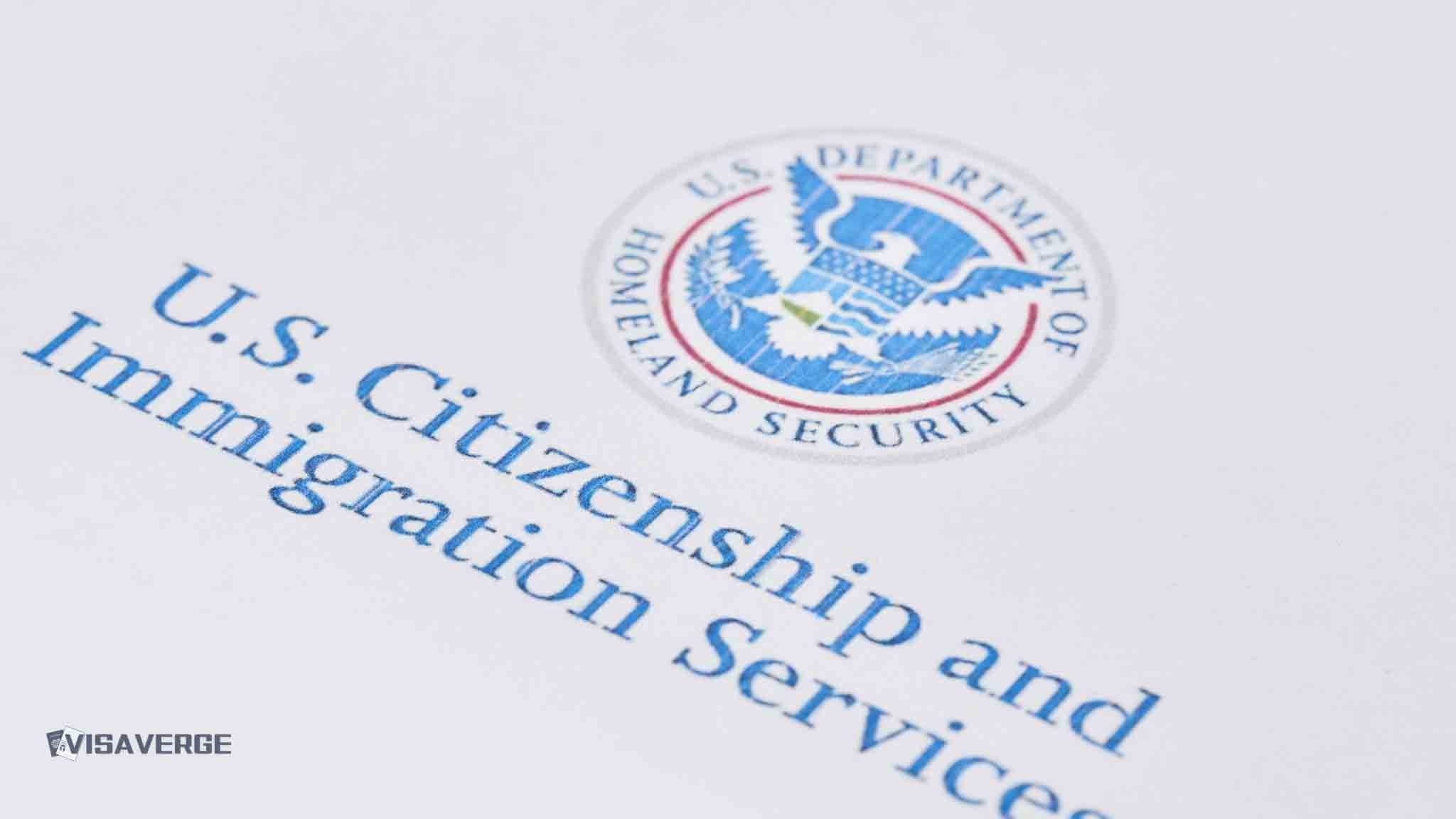Key Takeaways
• Over 9,000 Dominicans obtained Spanish citizenship in 2024, part of Spain’s growing immigrant naturalization trend.
• Spanish law changes in 2025 shorten residency to two years for legal status, aiding undocumented immigrants.
• Ley de Nietos extended to October 2025, benefiting Dominicans with Spanish ancestors seeking citizenship.
More Than 9,000 Dominicans Granted Spanish Citizenship in 2024: What’s Behind the Trend and What’s Next?
More than 9,000 Dominicans were granted Spanish citizenship in 2024, marking another year of strong growth in the number of Dominicans making Spain their new home. This is part of a much larger trend, as Spain 🇪🇸 continues to welcome thousands of new citizens from Latin America and other parts of the world. The latest numbers show that Dominicans are among the top groups gaining Spanish citizenship, and recent changes in Spain’s immigration laws could make the process even easier for many people in 2024 and beyond.

Let’s break down what’s happening, why so many Dominicans are choosing Spain, and what the new rules mean for people hoping to become Spanish citizens.
Record Numbers: Who Is Getting Spanish Citizenship and Why?
As of June 2025, Spain 🇪🇸 reported that 252,476 people acquired Spanish nationality in 2024. This is a 5.1% increase from the previous year and the highest number ever recorded. In 2023, 240,208 foreigners became Spanish citizens, which was already a huge jump—up 32.3% from the year before.
Dominicans are a big part of this story. In 2023, the Dominican Republic ranked sixth among all countries whose citizens became Spanish nationals, with 10,275 Dominicans gaining Spanish citizenship. Only Morocco, Venezuela, Colombia, Ecuador, and Honduras had more citizens become Spanish that year.
This steady climb shows that Spain 🇪🇸 is a top destination for Dominicans looking for new opportunities, family reunification, and a better quality of life.
Why Are So Many Dominicans Seeking Spanish Citizenship?
There are several reasons why Dominicans are drawn to Spain 🇪🇸:
- Language and Culture: Spanish is the official language in both countries, making it easier for Dominicans to adapt and feel at home.
- Historical Ties: The Dominican Republic was once a Spanish colony, and many Dominicans have family roots in Spain.
- Legal Pathways: Spain offers special rules for citizens of Latin American countries, including the Dominican Republic, making it easier and faster to get citizenship.
- Economic Opportunities: Spain is part of the European Union, which means Spanish citizens can live and work in any EU country.
- Family Reunification: Many Dominicans have family members already living in Spain, and new rules make it easier to bring families together.
Key Changes in Spanish Immigration Law (2024-2025)
Spain 🇪🇸 made several important changes to its immigration rules in May 2025. These changes affect how people can move to Spain, get residency, and eventually become citizens. Here’s what’s new:
1. End of the Golden Visa Program
Spain’s “Golden Visa” program allowed non-EU citizens to get residency by investing in Spanish property. As of April 3, 2025, this program is gone. The Spanish Congress of Deputies ended it to help address the country’s housing crisis. This means wealthy applicants can no longer buy their way into Spanish residency and, eventually, citizenship.
2. Shorter Residency Requirement for Regularization
Before May 2025, undocumented immigrants had to live in Spain for three years before they could apply for legal residency through a process called “residencia por arraigo.” Now, the requirement is just two years. This makes it easier for people who have been living in Spain without papers to get legal status and start the path toward citizenship.
3. Easier Family Reunification
The age limit for dependent children eligible for family reunification has been raised from 21 to 26 years. This change helps families stay together and makes it easier for young adults to join their parents in Spain.
4. Changes to Arraigo Programs
Spain’s “Arraigo” programs help people who have lived in the country for a certain time get legal residency. The government has:
- Renamed and restructured “Arraigo Familiar”
- Changed “Arraigo Social” to “Arraigo Sociolaboral”
- Created a new “Arraigo de Segunda Oportunidad” for people who lost their previous residence permit
These changes are designed to make the process clearer and more flexible for different situations.
How Can Dominicans Get Spanish Citizenship?
There are several main ways Dominicans can become Spanish citizens. Let’s look at the most common options:
1. Citizenship by Residency
Normally, foreigners must live in Spain for 10 years before they can apply for citizenship. But for citizens of Latin American countries—including Dominicans—the wait is much shorter: just 2 years of legal residency. This special rule is a big reason why so many Dominicans are able to become Spanish citizens quickly.
To apply, you must:
- Have lived legally in Spain for 2 years
- Show you have good conduct (no serious criminal record)
- Pass tests on Spanish language and culture (unless you are over a certain age or have a disability)
You can find the official application form and requirements on the Spanish Ministry of Justice website.
2. Citizenship Through Memoria Histórica and Ley de Nietos
Spain 🇪🇸 has special laws for people with Spanish ancestors. The “Ley de Memoria Democrática” (often called the “Ley de Nietos” or “Grandchildren’s Law”) lets children and grandchildren of Spanish citizens apply for Spanish citizenship, even if they never lived in Spain.
- The Dominican Republic is sixth in the world for citizens gaining Spanish nationality through these programs.
- The application period for the Ley de Nietos has been extended to October 2025.
This law is especially important for Dominicans with Spanish grandparents or parents who left Spain during times of war or political trouble. You do not need to live in Spain to apply under this law.
3. Citizenship by Marriage
If a Dominican marries a Spanish citizen, they can apply for citizenship after just one year of legal residency in Spain. However, they must give up their original nationality, as Spain does not allow dual citizenship with the Dominican Republic.
4. Other Pathways
There are also other, less common ways to get Spanish citizenship, such as through adoption or if you are a refugee. But for most Dominicans, the three options above are the main routes.
What Are the Benefits of Spanish Citizenship for Dominicans?
Getting Spanish citizenship brings many advantages for Dominicans:
- Visa-Free Travel: Spanish citizens can travel to most countries in Europe and many other parts of the world without needing a visa.
- EU Residency Rights: Spanish citizens can live, work, and study in any country in the European Union.
- Better Job Opportunities: Many jobs in Spain and across the EU are only open to citizens or permanent residents.
- Access to Social Services: Spanish citizens have full access to healthcare, education, and other public services.
- Family Reunification: It is easier to bring family members to Spain once you are a citizen.
As reported by VisaVerge.com, these benefits are a major reason why so many Dominicans are choosing to make Spain their new home.
Historical Ties: Why Spain and the Dominican Republic Are Connected
The Dominican Republic and Spain share a long history. The Dominican Republic was a Spanish colony until 1821, and there was a brief return to Spanish rule in the 19th century. Many Dominicans have Spanish ancestors, and the two countries have strong cultural and family connections.
This history helps explain why so many Dominicans feel comfortable moving to Spain and why Spain offers special rules for people from Latin America.
What Do the New Immigration Rules Mean for Dominicans?
The changes Spain 🇪🇸 made in May 2025 are likely to help even more Dominicans become Spanish citizens. Here’s how:
- Shorter Wait for Residency: Undocumented Dominicans now only need to live in Spain for two years before they can apply for legal residency. This makes it easier to start the path toward citizenship.
- Easier Family Reunification: Raising the age for dependent children from 21 to 26 means more families can stay together.
- Ley de Nietos Extension: Dominicans with Spanish grandparents or parents have until October 2025 to apply for citizenship under this special law.
- End of Golden Visa: Wealthy Dominicans can no longer use property investment as a shortcut to residency and citizenship, but this affects only a small group.
What Should Dominicans Know Before Applying?
If you are a Dominican thinking about applying for Spanish citizenship in 2024 or 2025, here are some important things to keep in mind:
- Check Your Eligibility: Make sure you meet the requirements for the pathway you want to use (residency, ancestry, or marriage).
- Gather Documents: You will need proof of your time in Spain, clean criminal records, and other official papers. If you are applying under the Ley de Nietos, you will need documents showing your family connection to Spain.
- Watch Deadlines: The Ley de Nietos program is open until October 2025. Don’t wait until the last minute to apply.
- Prepare for Language and Culture Tests: Most applicants must pass tests on Spanish language and culture. There are exceptions for older people and those with disabilities.
- Understand Dual Citizenship Rules: Spain does not allow dual citizenship with the Dominican Republic. If you become a Spanish citizen, you may have to give up your Dominican citizenship.
Official Resources and Where to Get Help
For the most accurate and up-to-date information, always check official government sources. The Spanish Ministry of Inclusion, Social Security and Migration provides detailed guides on residency and citizenship.
If you need help with your application, you can also contact the Spanish consulate in the Dominican Republic or a trusted immigration lawyer in Spain.
What’s Next? The Future for Dominicans in Spain
With the new rules in place and the Ley de Nietos program still open, experts expect the number of Dominicans gaining Spanish citizenship to stay high in 2025. The easier residency requirements and expanded family reunification rules will likely help even more Dominicans start new lives in Spain.
However, the end of the Golden Visa program means that wealthy applicants will need to look for other ways to move to Spain. For most Dominicans, though, the main pathways—residency, ancestry, and marriage—remain open and even more accessible than before.
Takeaways for Dominicans Considering Spanish Citizenship
- More than 9,000 Dominicans became Spanish citizens in 2024, and the number is expected to keep growing.
- New rules make it easier to get legal residency and bring families together.
- Special programs like the Ley de Nietos are open until October 2025 for those with Spanish ancestors.
- Spanish citizenship offers big benefits, including visa-free travel, EU residency rights, and better job opportunities.
- Check official government websites for the latest information and forms.
If you are a Dominican thinking about making Spain your new home, now is a good time to explore your options and start your application. The process can be complex, but with the right information and support, many Dominicans are finding success and building new lives in Spain 🇪🇸.
For more details on Spanish citizenship and immigration rules, visit the Spanish Ministry of Inclusion, Social Security and Migration. And remember, staying informed and prepared is the best way to make your dream of Spanish citizenship a reality.
Learn Today
Spanish citizenship → Legal nationality granted by Spain, allowing full rights as a Spanish citizen.
Golden Visa → Residency permit by investing in property, ended in Spain April 2025 due to housing crisis.
Ley de Nietos → Law allowing descendants of Spanish citizens to apply for citizenship, valid until October 2025.
Residencia por arraigo → Residency for undocumented immigrants after living in Spain for a minimum period, now two years.
Family reunification → Immigration process allowing families to legally join relatives already living in Spain.
This Article in a Nutshell
More than 9,000 Dominicans acquired Spanish citizenship in 2024 amid easier residency rules and family reunification. Spain’s new immigration laws, ending the Golden Visa and reducing wait times, encourage Latin American applicants. With extended special programs like Ley de Nietos, Dominicans continue seeking better opportunities through Spanish citizenship.
— By VisaVerge.com







